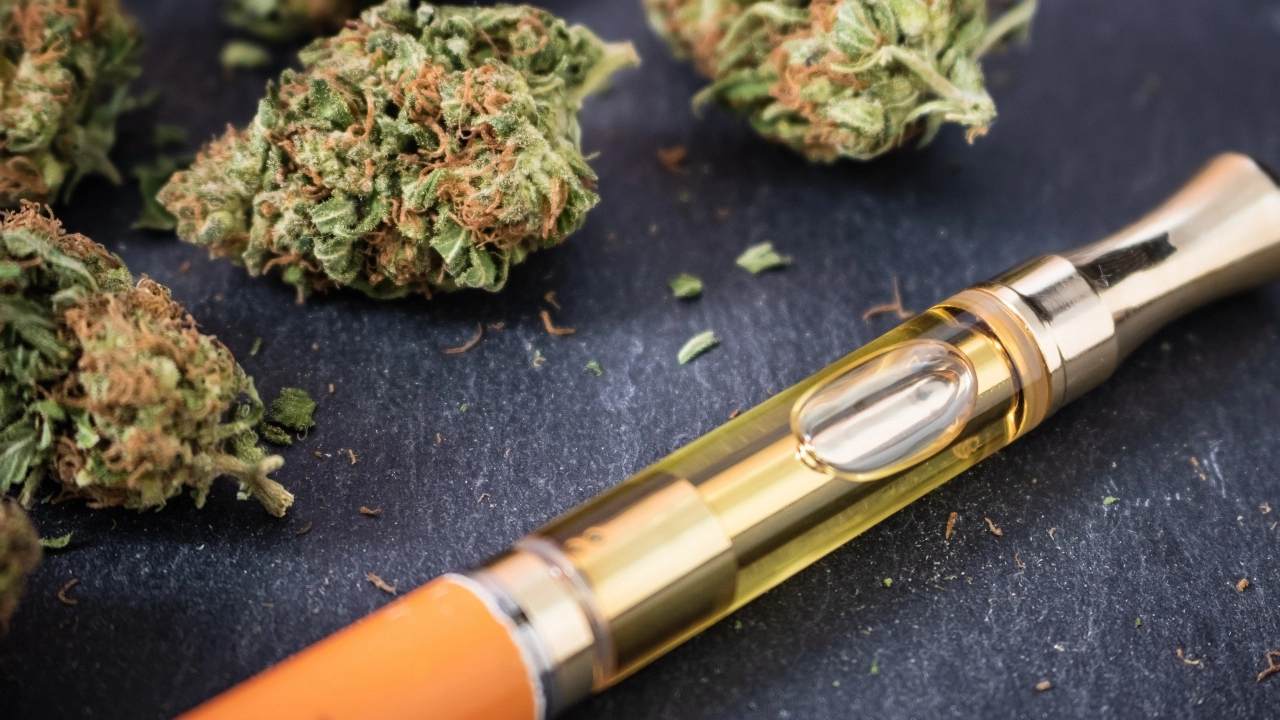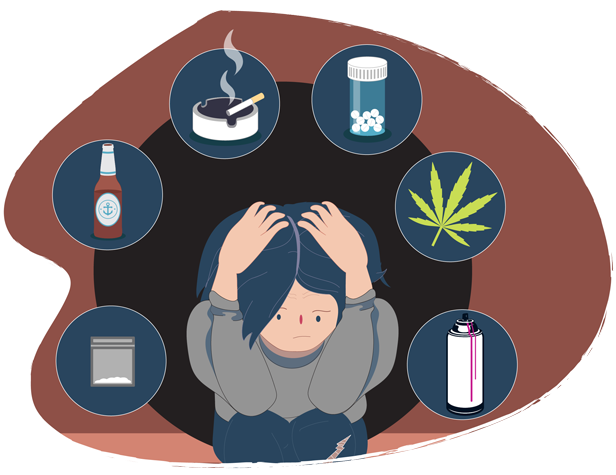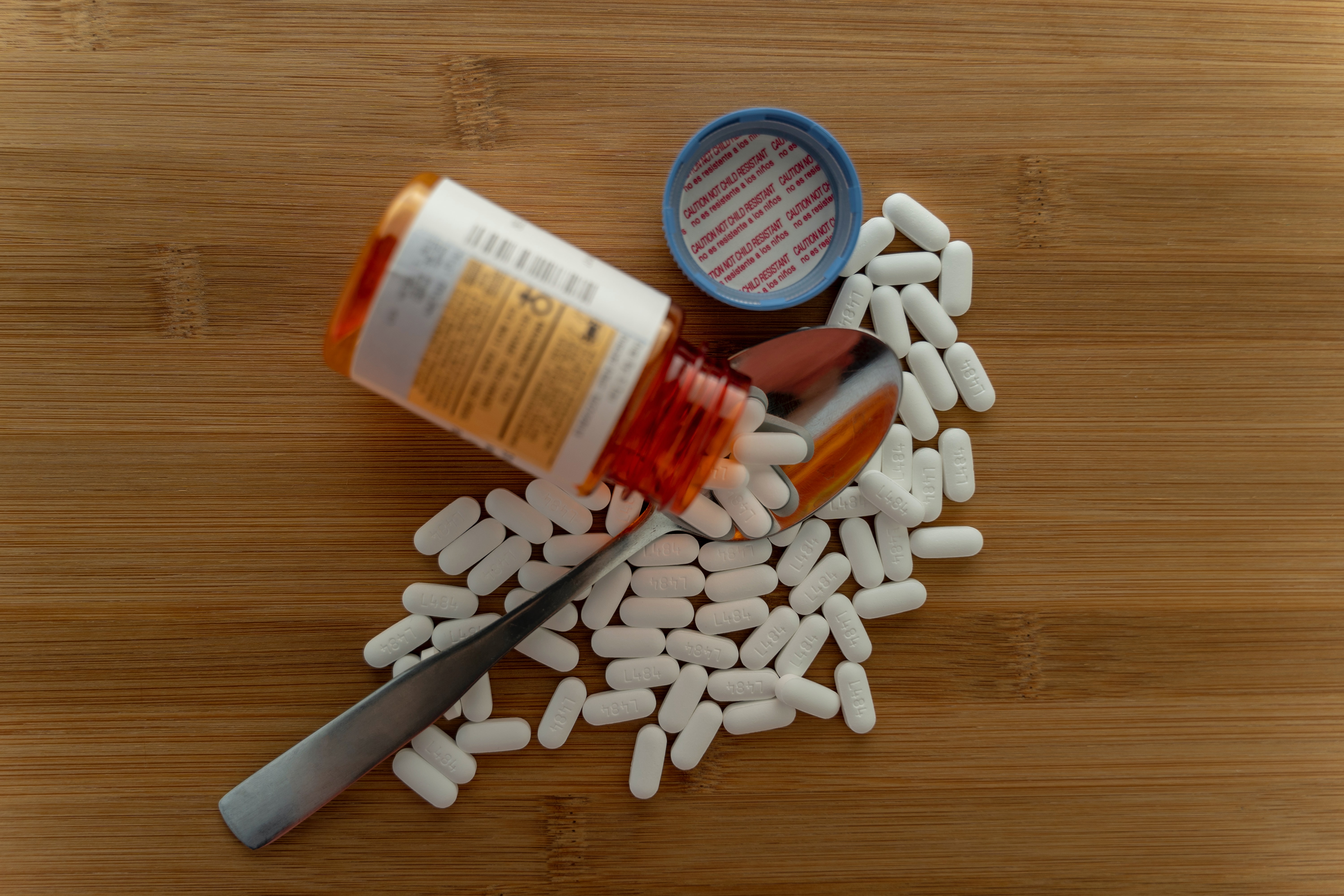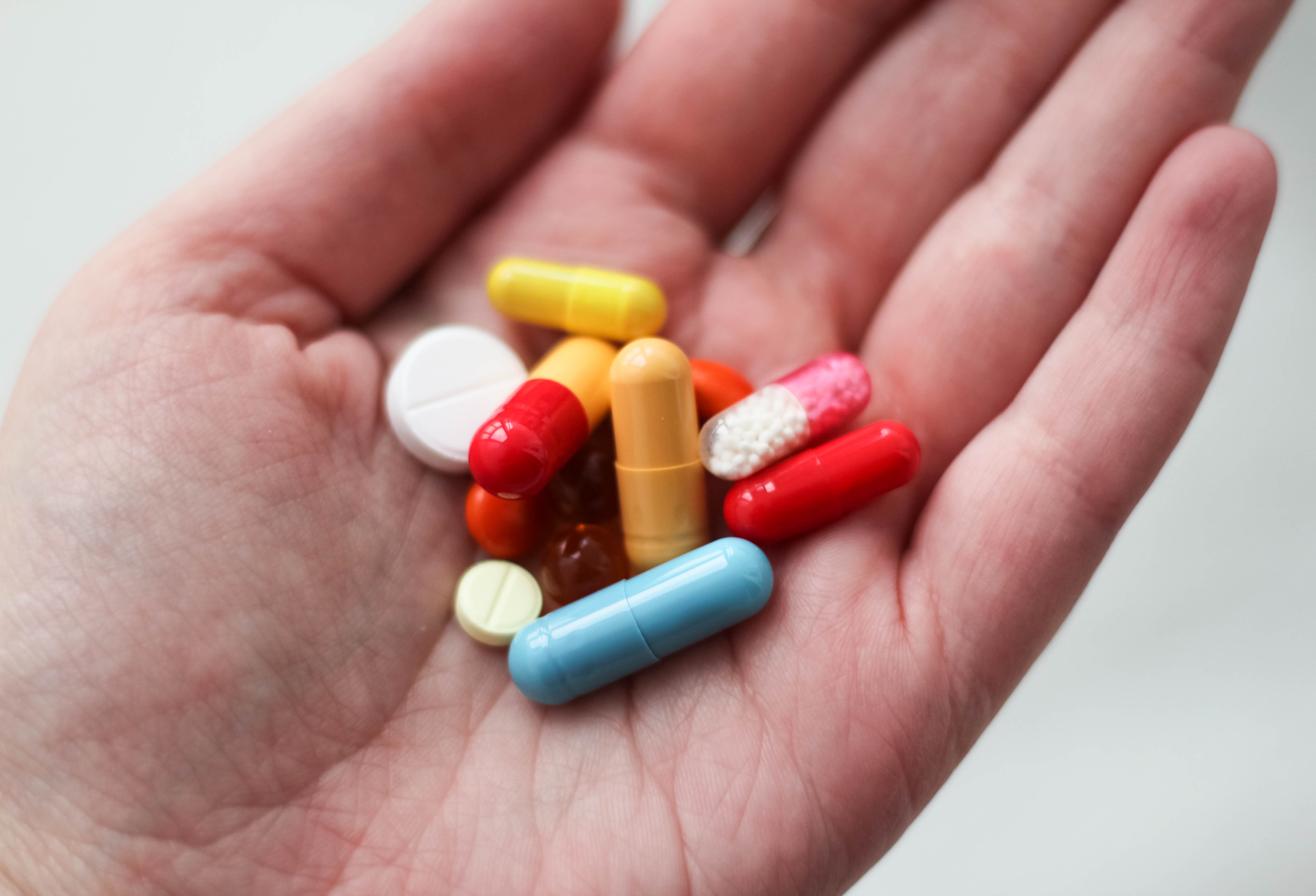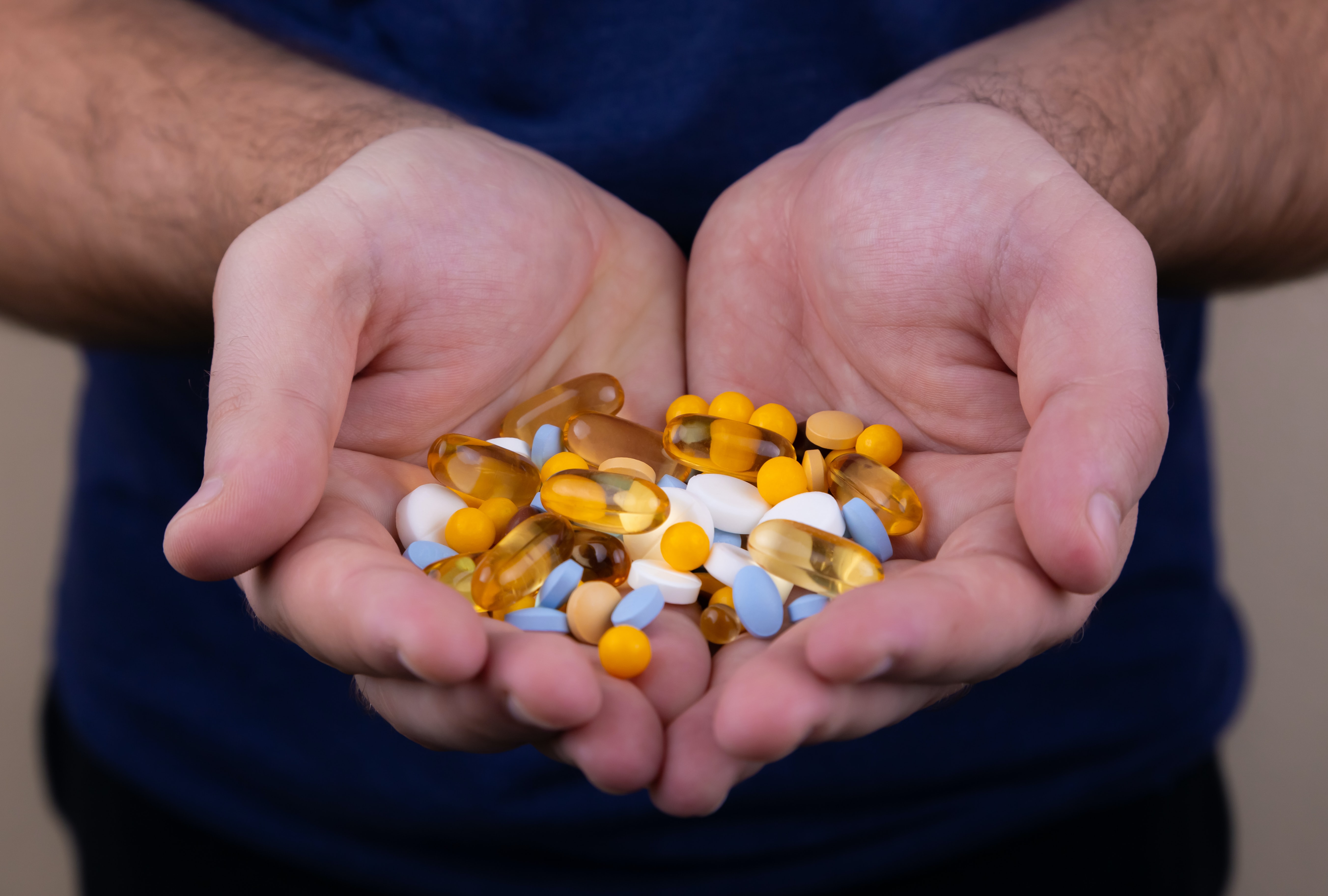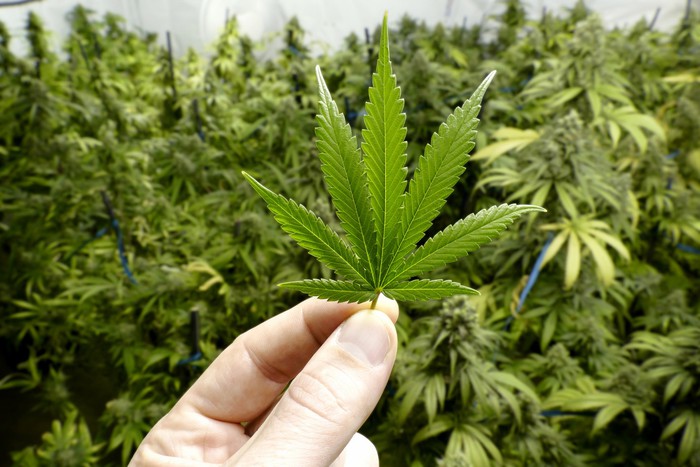Unfortunately, the news on the popularity of marijuana keeps getting worse, not better.
Informed Families Catalyst
Marijuana Use Rising Despite the Dangers
Posted by Informed Families on September 17, 2022 at 11:31 AM
Topics: parenting, marijuana, teenagers, teens, drugs, vaping
Study: Kids Who Vape Are More Likely to Use Marijuana
Posted by Informed Families on September 12, 2022 at 8:59 AM
A 2016 survey found that about 10 million Americans vaped regularly. Nearly half of those were under the age of 35, with 18-24-year-olds the most frequent users. In 2018, over three million high school students and 570,000 middle school students reported they were using e-cigarettes, according to the CDC. And the trend is rising: In 2021, the Centers for Disease Control and Prevention (CDC) reported that one in nine high school students said they had vaped in the past month.
Topics: parenting, marijuana, teenagers, teens, drugs, vaping
Marijuana Use Linked to Higher Hospitalizations
Posted by Informed Families on July 18, 2022 at 1:00 AM
As marijuana use becomes more common across the country, and more
jurisdictions legalize the recreational use of cannabis, the inherent dangers of the
drugs are too often minimized.
Topics: parenting, teenagers, children, teens, social media, drugs
The teen years are times of turbulence when their bodies are changing radically, and their brains are pulling them away from the security of the family they’ve known their whole lives in preparation for living life as an independent adult.
Topics: parenting, teenagers, children, teens, social media, drugs
Some Help In the Overdose Fight Is On the Way
Posted by Informed Families on November 26, 2021 at 6:00 AM
Sometimes it seems as though we’re trying to hold back a tidal wave in trying to curb illegal drug use. Between 1999 and 2019, 840,000 Americans died from drug overdoses, the Department of Health and Human Services (HHS) noted in a report released late last month. Another 20 to 30 times that many non-fatal overdoses are believed to occur over the same period.
Topics: overdose, drugs, drug trend
More than 93,000 people died of drug overdoses in 2020, according to the Centers for Disease Control and Prevention (CDC).
Teen Alcohol and Drug Abuse—Get the Facts Out
Posted by Informed Families on March 19, 2021 at 8:00 AM
Topics: drug abuse, drug prevention, drugs, alcohol abuse
With marijuana being legalized in more and more states, many teens now believe it's safe for them to use. But evidence shows it's not. Make sure you and your kids can separate fact from fiction when it comes to marijuana.
MYTH: It’s safer than alcohol
FACT: Alcohol and marijuana are both associated with serious problems, especially if used by teens and young adults under age 21 – when the brain and body are still rapidly developing.
MYTH: It’s okay to drive while high
FACT: After alcohol, marijuana is the drug most often found in the blood of driver’s involved in crashes.
Topics: marijuana legalization, marijuana, communication, teenagers, teens, drugs, drug use, myths
According to the 2019 Monitoring the Future Survey:
- Marijuana continues to be the most commonly used illicit drug by adolescents.
- One in four 12th graders say they vaped nicotine in the past month, along with 1 in 5 10th graders, and nearly 1 in 10 eighth graders.
- Many teens say they vape for the flavor, to experiment, for social reasons, or to feel good.
- From 2018-2019, the number of 12th graders saying they vape because they are "hooked" more than doubled to 8.1%, up from 3.6%.
Parents and educators can join others across the country to help students make informed decisions by sharing fact-based information about drugs and alcohol.
Topics: drug, alcohol, teens, nida, drug prevention, drugs, drug use, alcohol use, vaping
